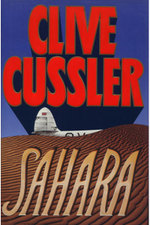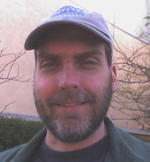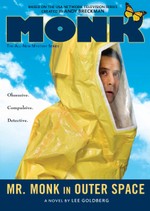I just love going to conferences….people always say the strangest things to me. Today, I was a guest speaker, along with Harley Jane Kozak and Nathan Walpow, at the Anaheim Public Library’s HOLLYWOOD AND CRIME luncheon, which was attended by 350 people. I had a great time and everyone was so nice. But here’s a sampling of the odd conversations I had before and after my panel:
A woman asked me if she could visit the set of MONK when she’s in Los Angeles with her family. I said it wasn’t open to the public.
"You mean it’s not filmed in front of a live audience?" she asked.
"No, it’s not," I said. "Haven’t you noticed that it’s shot outdoors as well as indoors and that you don’t ever hear anyone laughing or applauding?"
She shrugged. "I just thought they were being very quiet."
******
"How come the MONK show is called MONK?" a woman asked me.
"That’s the character’s name," I replied.
"But he’s not a monk," she said.
"No, he’s not. He’s a detective named Monk."
"That’s very confusing," she said. "I’m surprised the monks don’t sue."
* * * * * *
A man approached me carrying a half-a-dozen of my books. "So you wrote all these books?"
"Yes, sir."
"Did you come up with the plots, too?"
"Yes, I did."
"Wow," he said. "I wonder how many other writers do that."
******
A man asked me to sign my books. As I signed them, he asked: "Do you get paid for writing these?"
I could see from the expression on his face that it wasn’t a rhetorical question or an insult. It was a genuine question.
"Yes, I do."
"Is that unusual? Or do all writers get paid?"
"They do if they are writing for a reputable, legitimate publisher."
He shook his head. "That’s hard to believe."
* * * * *
A woman told me she was an avid reader of my books and really enjoyed them.
"Thank you," I said.
"I think the mysteries are terrific," she said. "They are brilliantly plotted and so twisty."
"That’s very nice of you to say. Plotting the books is the hardest part for me. It’s really gratifying for me to know all that work isn’t for nothing."
"Do the police ever contact you to solve murders?"
"No," I said.
"They really should," she said. "You’re so good at it."
* * * * * *
A big man came up to me and Harley at the signing table, told us he had a lot of "Tarantino movie ideas," and that he’d been asked to play Bigfoot in a film by a screenwriter that he’d met at Starbucks.
"All I have to do is roar and look menacing," he said. "But I want to do it in an environmentally conscious way, like Steven Segal."







